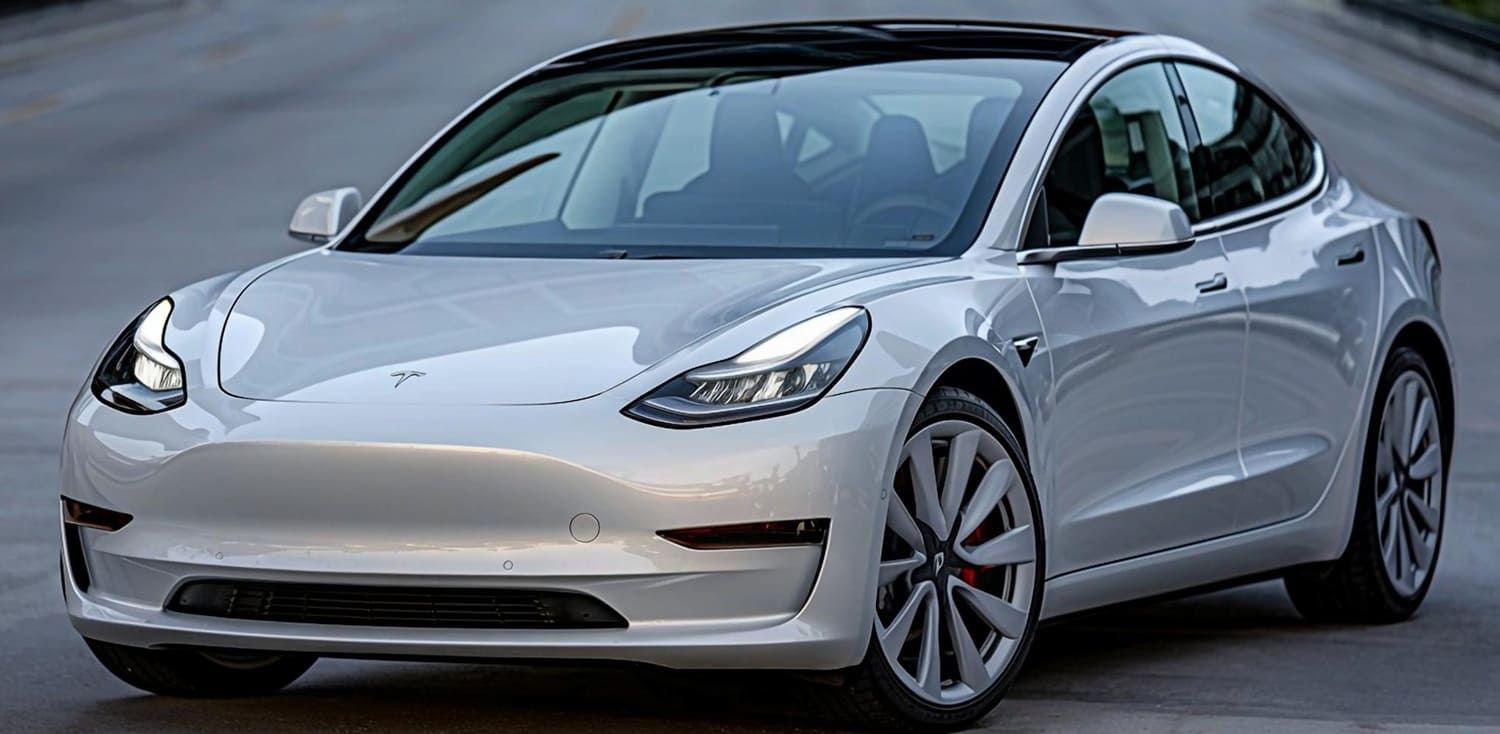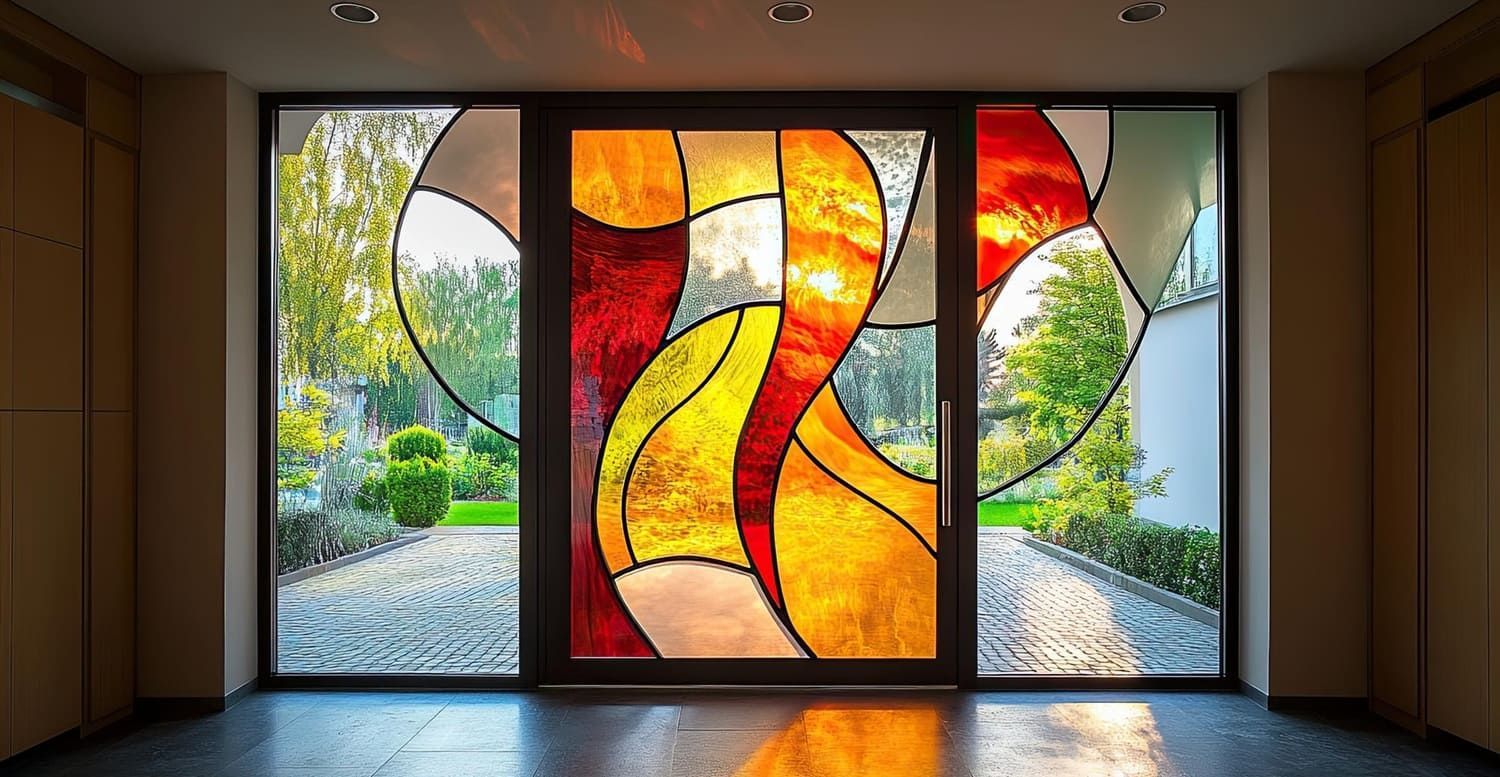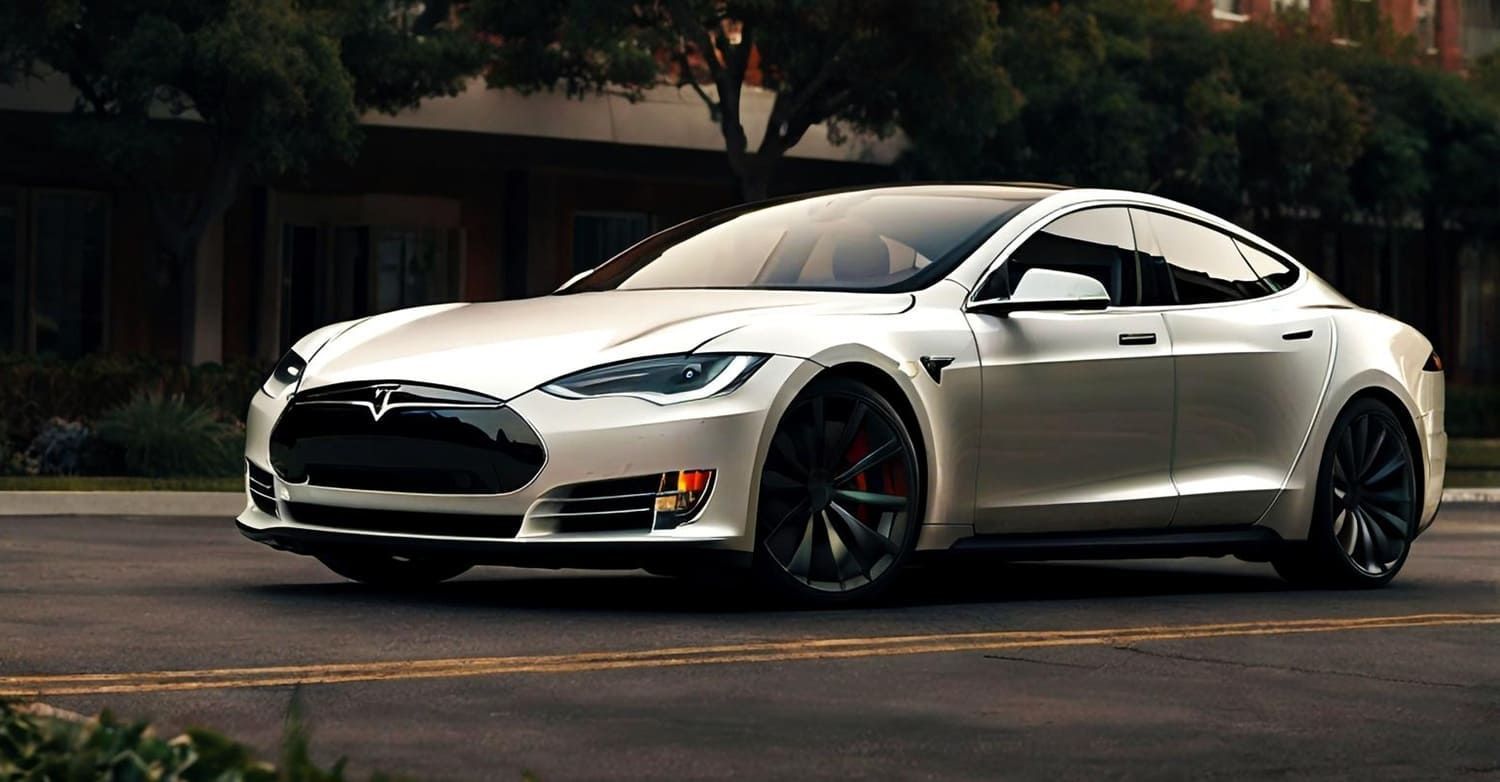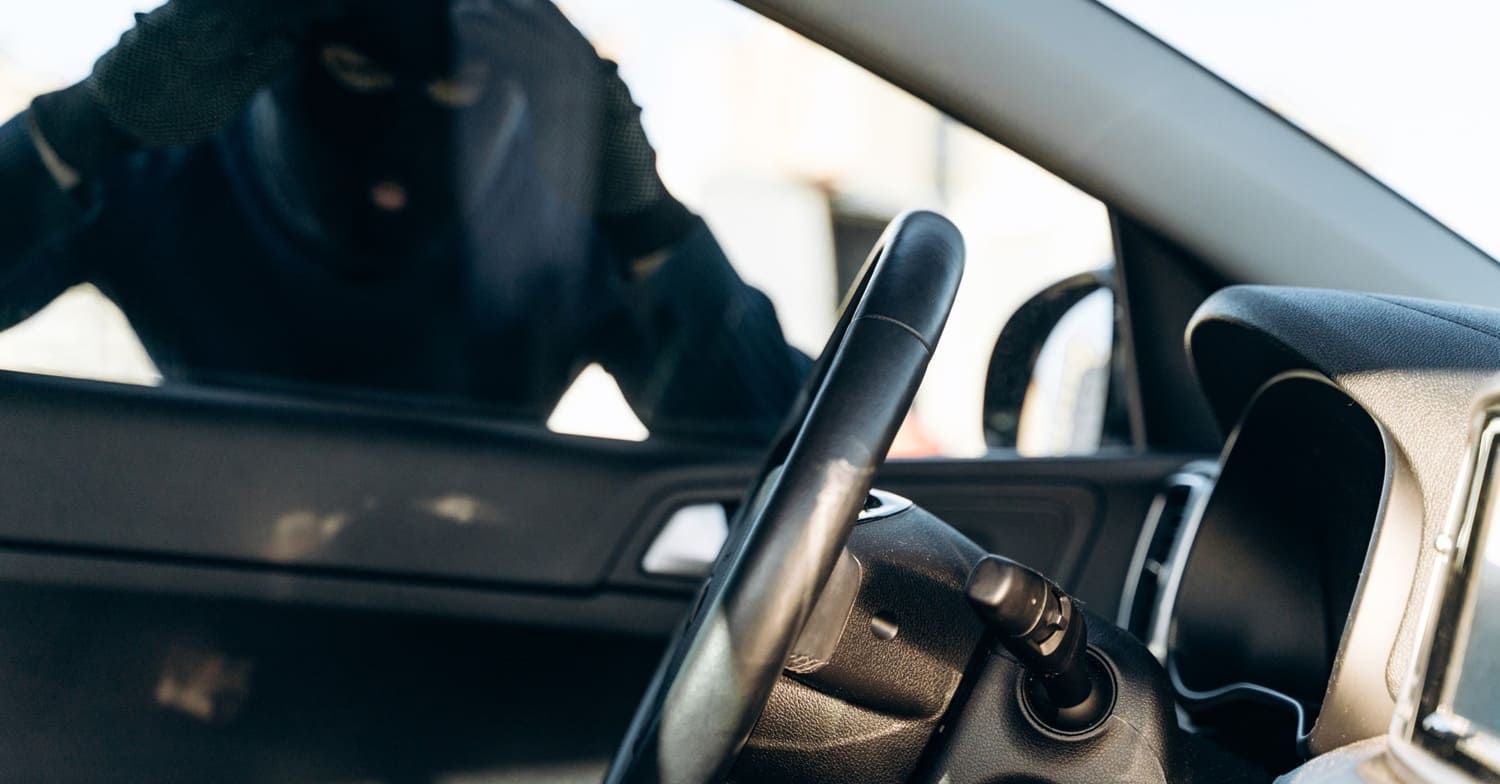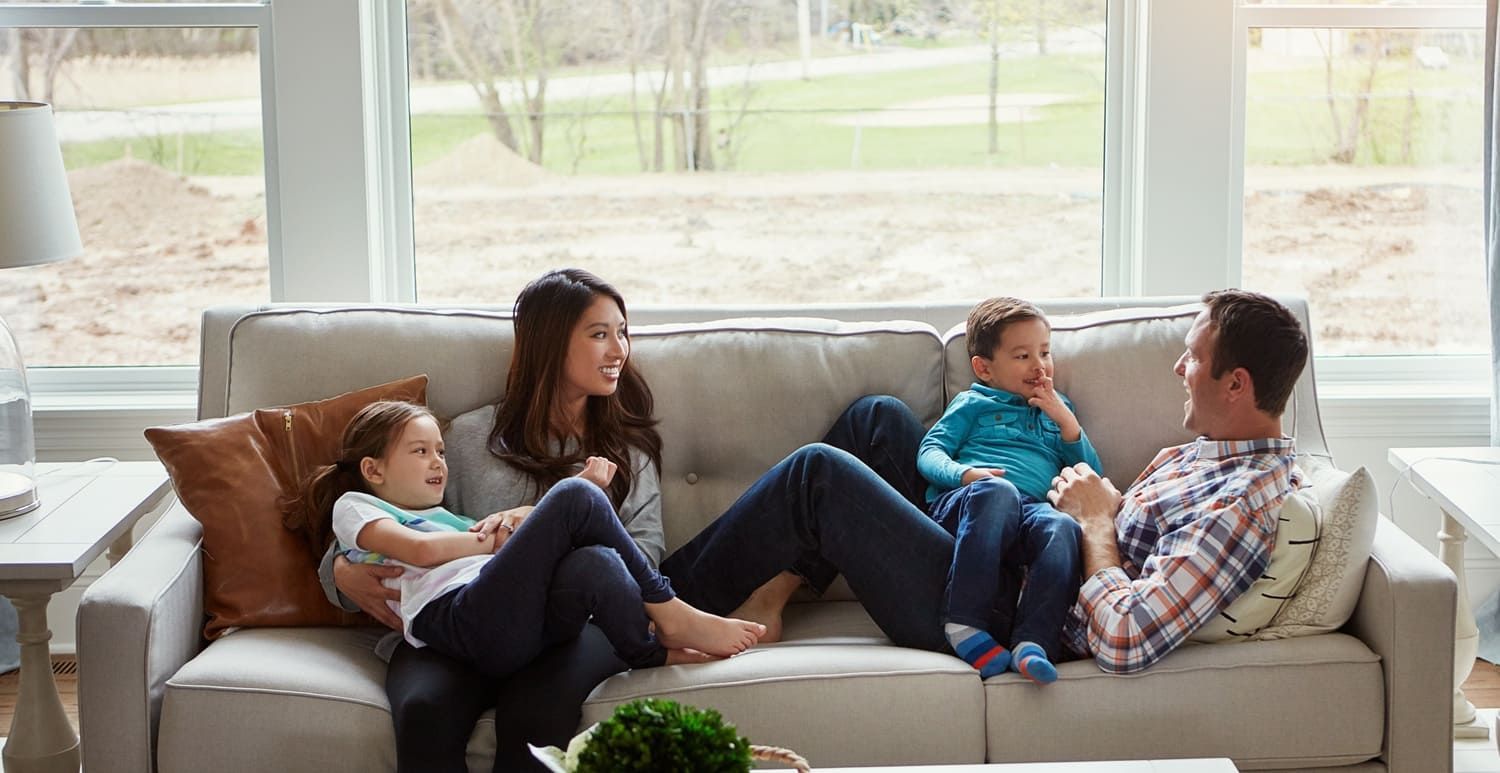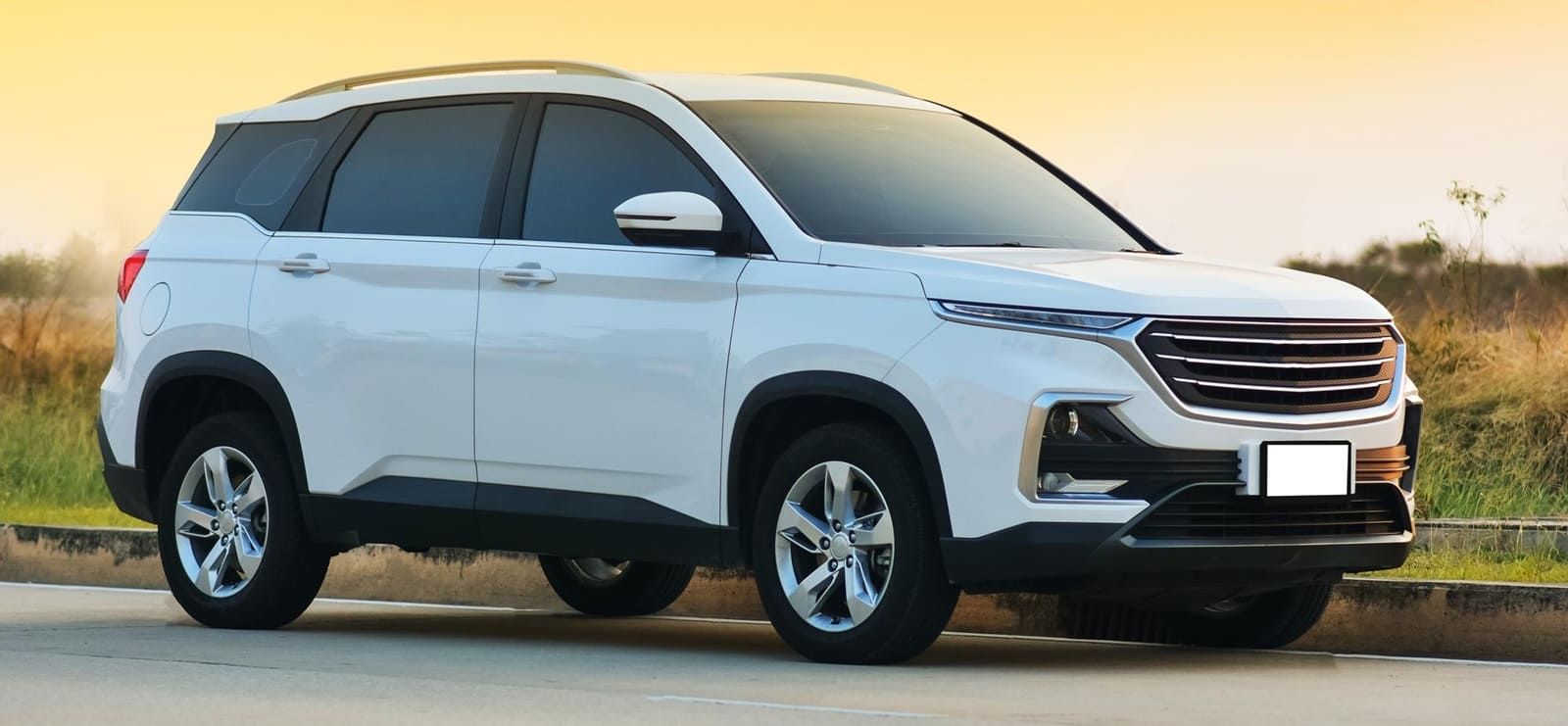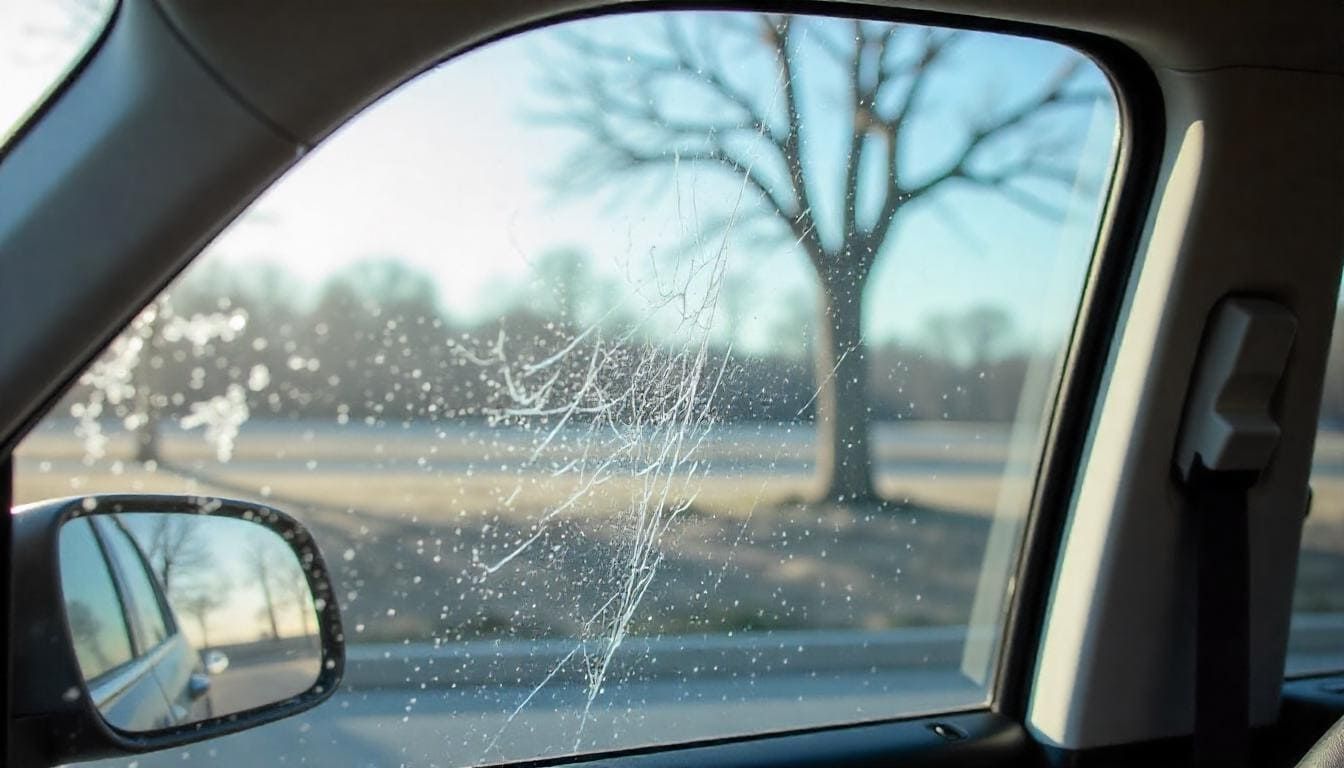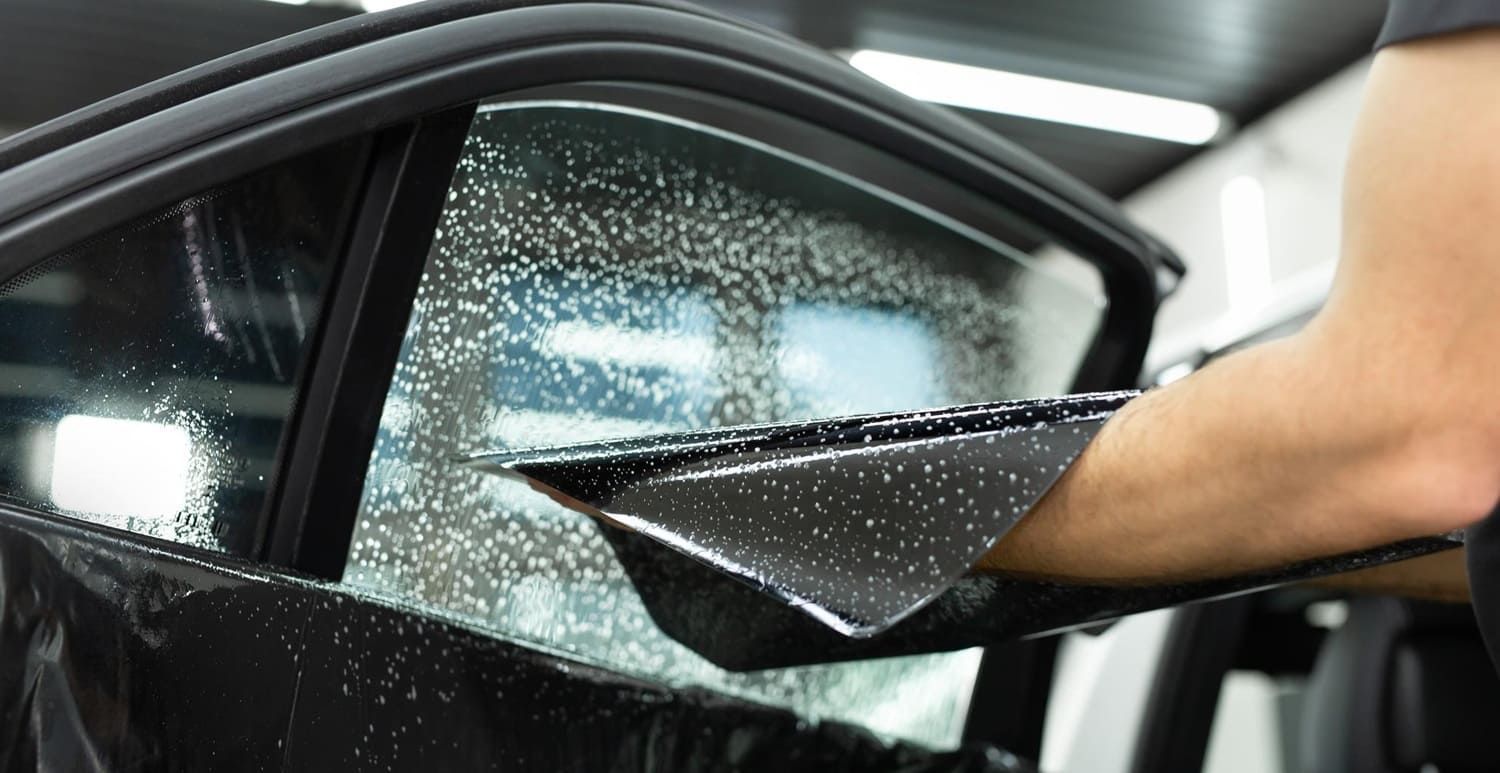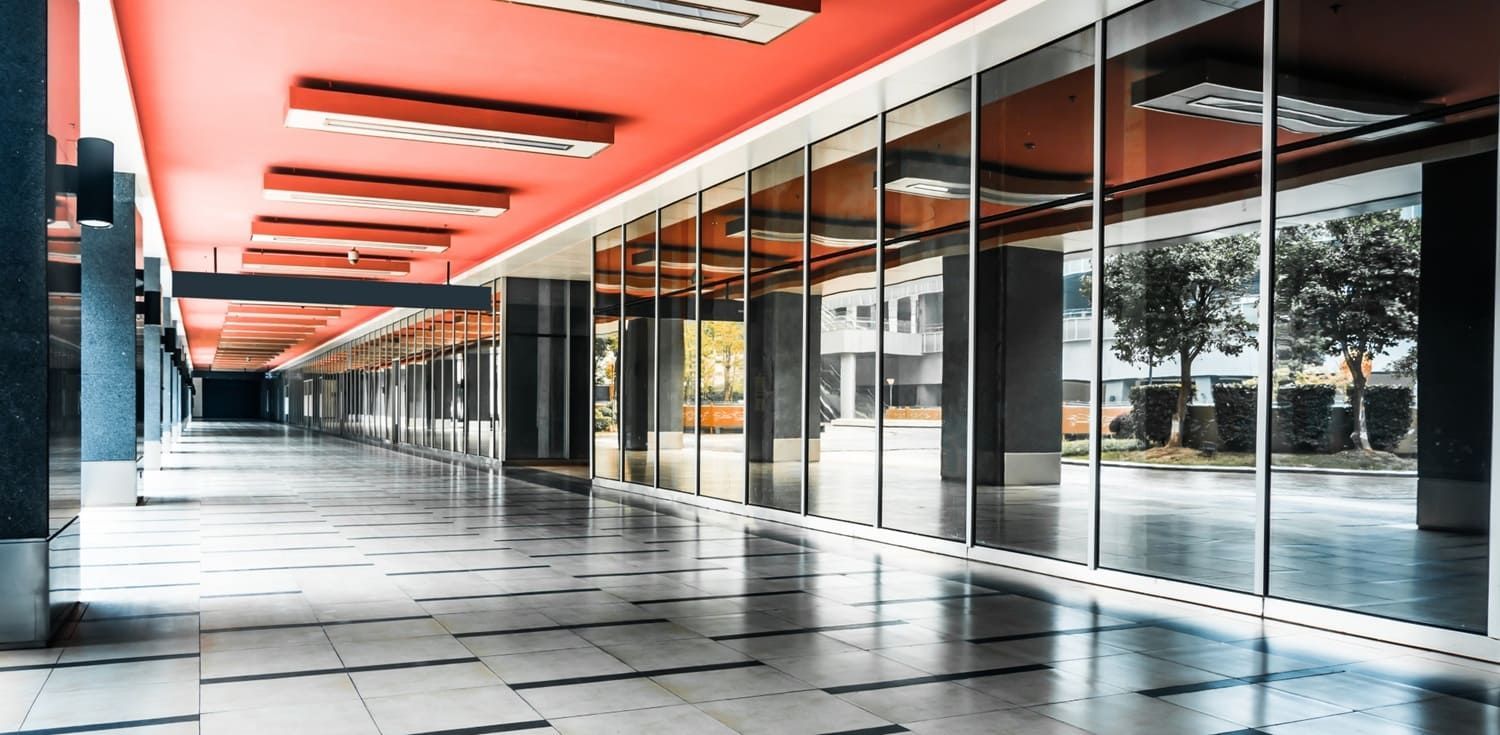What’s the Cost of Home Window Tinting in 2025?
Window tinting involves applying a thin film to the interior surface of windows, which can reduce glare, block harmful UV rays, and even offer a degree of thermal insulation. This process not only improves the comfort of living spaces by regulating indoor temperatures but also protects against the damaging effects of UV exposure on skin and furnishings. The benefits are substantial, but before you make a decision, it's important to understand the factors that can affect the cost. Being well-informed about the types of films and their respective advantages can help you choose the most suitable option for your needs.
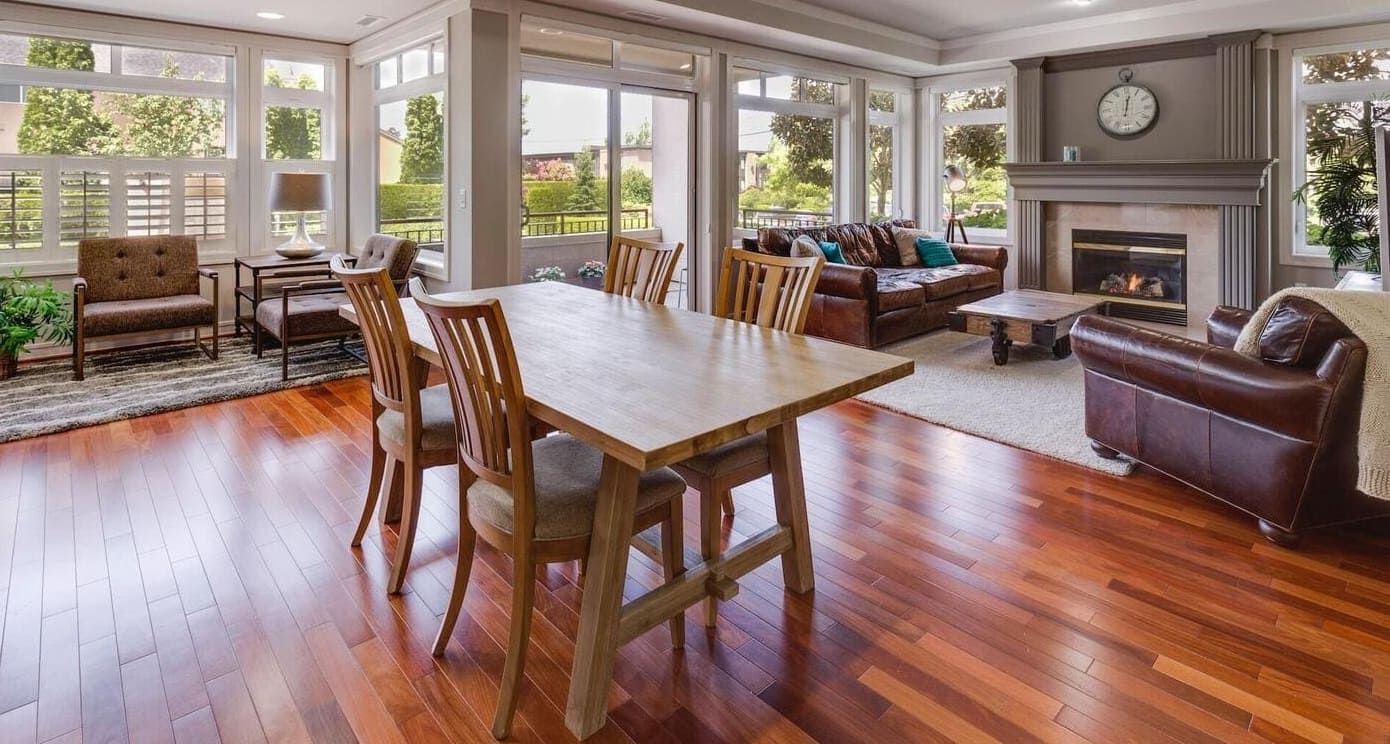
Window Tinting Options for Your Home
Several types of window tint films are available, each with distinct properties and price points:
Dyed Window Film
Economical and basic, dyed film absorbs solar heat and reduces glare. While affordable, it provides limited heat protection and may fade over time. Good for budget-conscious homeowners who primarily want privacy and basic sun protection.
Carbon Window Film
Carbon films contain no metal and offer excellent UV protection and heat reduction. They provide a matte, non-reflective finish that prevents interior fading without the signal interference of metallic films. Their excellent longevity makes them a solid mid-range option.
Ceramic Window Film
The premium choice offering superior heat rejection, clarity, and durability. Ceramic films block up to 99% of UV rays while allowing maximum natural light. They won't interfere with electronics and resist fading for years. Though more expensive initially, they provide the best long-term performance and energy savings.
Spectrally Selective Film
These advanced films selectively filter different wavelengths of light, blocking heat while maximizing visible light transmission. They provide exceptional clarity while still offering significant heat reduction, making them ideal for areas where you want both protection and unobstructed views.
Decorative Window Film
Beyond sun protection, these films can add privacy through patterns, frosted effects, or even stained glass appearances. They're perfect for bathrooms, entryways, or any area where you want both style and function without blocking all light.
The type of film you choose will significantly impact the overall cost of your window tinting project. It's essential to weigh the benefits against the costs to determine the best fit for your home and lifestyle.
Factors Affecting Home Window Tinting Costs
The cost of window tinting can vary widely based on several factors:
Size and Number of Windows
The total square footage of glass that needs tinting is a primary cost factor. Larger homes with more windows will naturally incur higher costs, as more material and labor are required. It's common for tinting companies to charge by the square foot, so knowing the total area can help you estimate costs more accurately. Additionally, the shape and type of windows, such as bay or specialty-shaped windows, can also influence the pricing due to the complexity of the installation process.
Quality of Tint Film
As mentioned earlier, the type of film you choose affects the price. Premium films like ceramic are more expensive but offer superior performance and longevity. While initial costs may be higher, the long-term energy savings and durability can justify the investment. Cheaper films may seem appealing at first, but they often require more frequent replacements, reducing their cost-effectiveness over time.
Installation Complexity
The complexity of installation can also influence the price. Windows that are difficult to access, such as skylights or high-rise windows, may require additional labor or special equipment, increasing the overall cost. The presence of window treatments, such as shades or blinds, may also necessitate additional preparation work, further affecting the pricing. It's important to consider these factors when budgeting for your window tinting project.
Professional vs. DIY Installation
Hiring a professional ensures that the tint is applied smoothly and without bubbles, resulting in a polished finish that enhances the home's appearance. Professionals also offer warranties on their work and the film, providing peace of mind and protection against defects. While DIY kits are available and cheaper upfront, mistakes can lead to additional costs to fix poorly applied tint, potentially negating any savings. Moreover, DIY projects often lack the precision and durability of professional installations, which can compromise the effectiveness of the tint.
Average Costs of Home Window Tinting in 2025
While prices can vary based on the aforementioned factors, here are some ballpark figures for window tinting in 2025:
Dyed Window Film
$5 to $8 per square foot Economical option that provides basic privacy and glare reduction. For a typical home with 15 standard windows, expect to pay $750 to $1,200 total for installation.
Carbon Window Film
$9 to $14 per square foot Higher-quality option with better heat rejection and no signal interference. For a typical home with 15 standard windows, expect to pay $1,350 to $2,100 total for installation.
Ceramic Window Film
$15 to $25 per square foot Premium solution offering superior heat rejection, clarity, and longevity. For a typical home with 15 standard windows, expect to pay $2,250 to $3,750 total for installation.
Spectrally Selective Film
$18 to $28 per square foot Advanced technology that filters specific light wavelengths while maximizing visibility. For a typical home with 15 standard windows, expect to pay $2,700 to $4,200 total for installation.
Decorative Window Film
$12 to $20 per square foot Stylish options with patterns, frosted effects, or designs. For a typical home with 15 standard windows, expect to pay $1,800 to $3,000 total for installation.
These estimates include both materials and professional installation, ensuring a high-quality result that maximizes the benefits of window tinting.
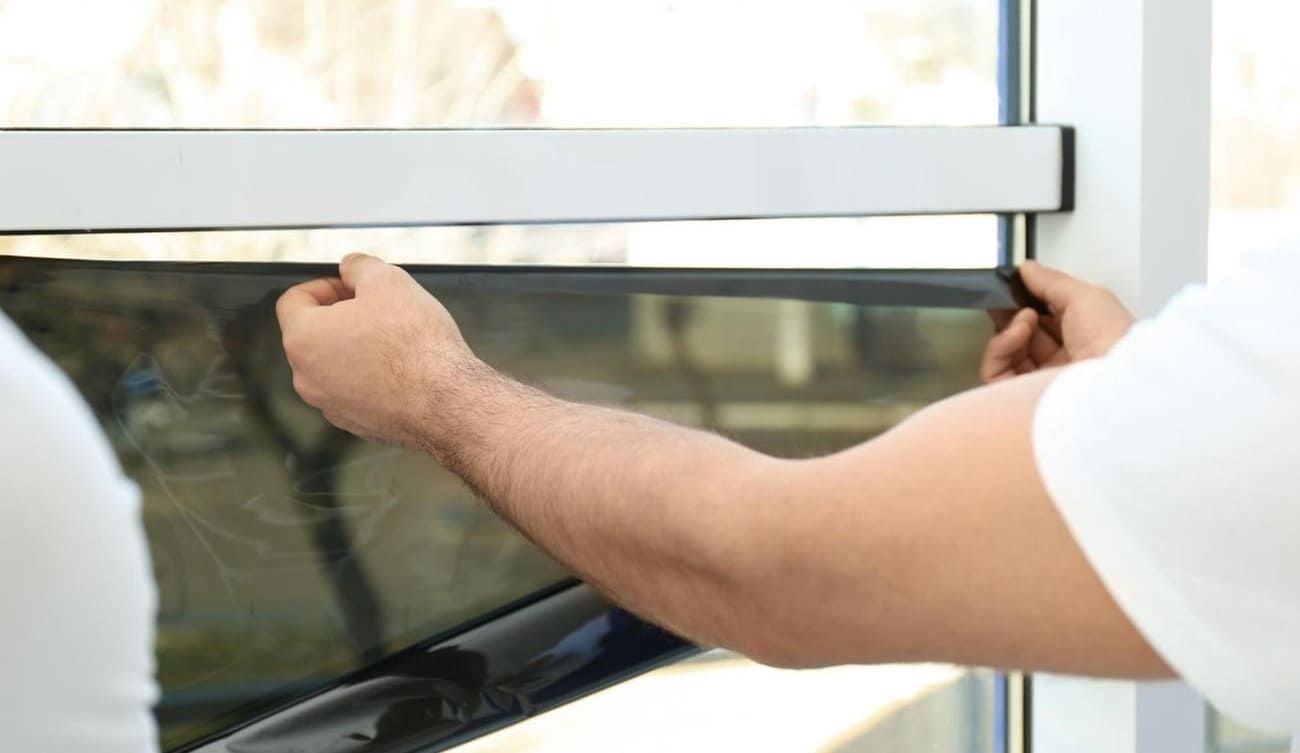
Additional Considerations
Energy Savings
One of the primary benefits of window tinting is its potential to reduce energy costs. By blocking heat in the summer and retaining it in the winter, window films can lead to significant savings on energy bills, providing a substantial return on investment over time. Ceramic films, in particular, offer the best return on investment in terms of energy efficiency, as they provide superior insulation and UV protection. Investing in high-quality window tinting can also enhance your home's resale value by appealing to eco-conscious buyers.
Aesthetic and Privacy Benefits
Beyond energy savings, window tinting can enhance the look of your home and increase privacy. Tinted windows can prevent outsiders from easily seeing into your home while still allowing you to enjoy natural light. The variety of tint shades and types available allows you to customize the appearance of your windows to match your home's style and your personal preferences. This added privacy can contribute to a greater sense of security and comfort within your living space.
Local Regulations and Rebates
Before proceeding with window tinting, check local regulations regarding the permissible level of tint darkness. Some areas may have restrictions, especially for windows facing the street, to ensure safety and compliance with community standards. Additionally, some regions offer rebates or incentives for installing energy-efficient home improvements, which can help offset costs. Taking advantage of these programs not only reduces your initial investment but also contributes to broader environmental sustainability efforts.
Conclusion
Home window tinting in 2025 remains a worthwhile investment for those looking to improve their home's energy efficiency, privacy, and aesthetic appeal. By understanding the different types of films and the factors that influence cost, you can make an informed decision that suits your needs and budget.
At Solar X of the Palms, we specialize in providing premium home window tinting services in Palm Beach County, Broward County, Martin County, Dade County, and the surrounding cities, including West Palm Beach, Boynton Beach, Boca Raton, Delray Beach, Jupiter, Fort Lauderdale, Pompano Beach, Miami, Stuart, Lake Worth, North Palm Beach, Palm Beach Gardens, Lake Park, Riviera Beach, Juno Beach, Juno Ridge, Mangonia Park, Royal Palm Beach, and beyond.
Whether you opt for a basic dyed film or a high-end ceramic option, the benefits of window tinting can enhance your home's comfort and value for years to come. As you consider this upgrade, weigh the long-term savings and lifestyle improvements against the upfront costs to determine the best path forward for your household.
Contact Solar X of the Palms today for a free estimate, and let us help you enhance your home with the best window tinting available!
